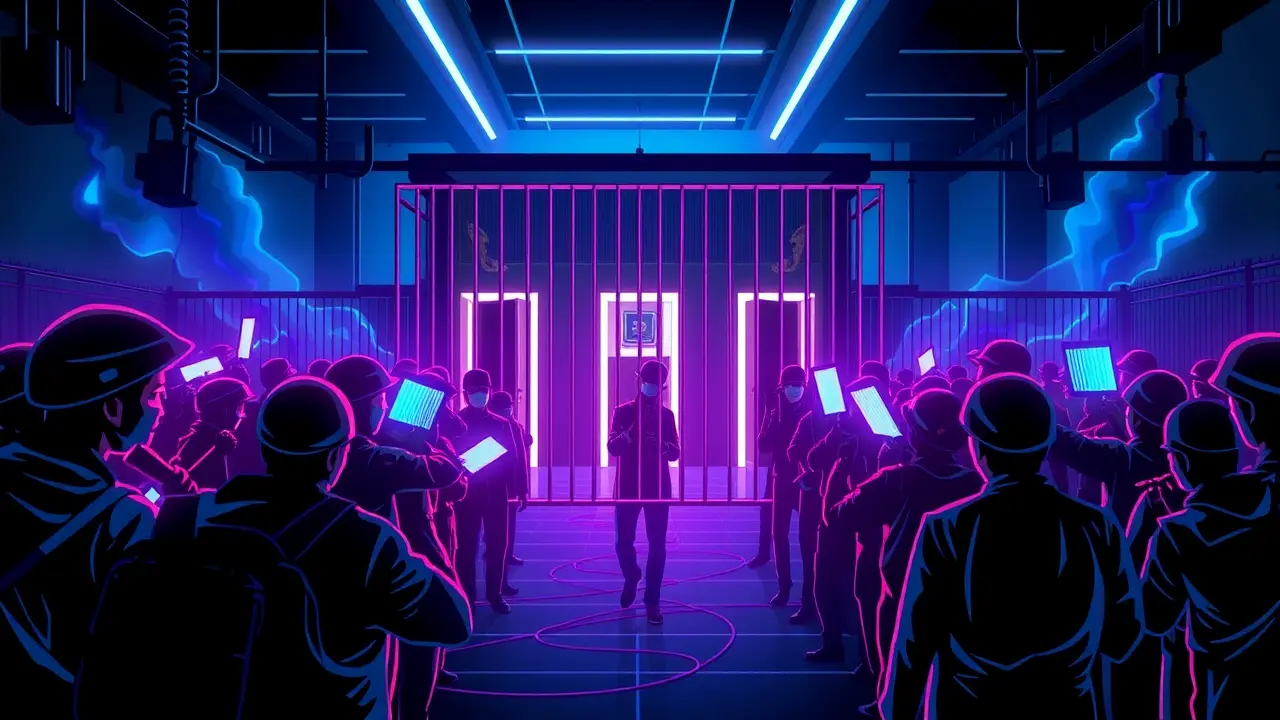
PoliticslegislationLabor and Employment Laws
Worker Fired for Walking While on Sick Leave Sparks Debate
AN
Anna Wright
5 hours ago7 min read
The case of a Chinese worker, surnamed Chen, who was summarily dismissed after his company discovered he had walked 16,000 steps while on approved sick leave for foot pain, has ignited a fierce national debate that cuts to the very heart of the modern employer-employee power dynamic. This 2019 case, recently unearthed by an official social media account of China's Ministry of Justice, reveals a man who had diligently provided hospital diagnoses for a back strain suffered at work, only to have his private life weaponized against him.His employer, a company in Jiangsu province, treated his pedometer data not as a potential sign of recuperative mobility but as incontrovertible proof of fraud, a digital smoking gun. This incident is far from an isolated anomaly; it is a stark symptom of a pervasive surveillance culture enabled by technology, where the boundaries between work and personal life have been utterly obliterated.From keystroke loggers and productivity monitoring software to the expectation of 24/7 availability on messaging apps like WeChat, the contemporary worker exists in a panopticon of managerial oversight. The legal and ethical questions here are profound.Does a sick note surrender an individual's entire autonomy to their employer's scrutiny? Is a person's health and recovery a linear process that precludes any activity that might, out of context, appear contradictory? This case evokes historical parallels with the Victorian-era factory owner who policed the morality of his workers, but now with a terrifyingly efficient digital toolkit. We must ask whose interests are truly being served by such invasive practices.Is it about protecting against genuine malingering, or is it about enforcing a culture of total subservience and instilling fear? For every worker like Chen, there are thousands more who hesitate to take a needed mental health day, who answer emails from their hospital beds, and who live in constant anxiety that any moment of perceived non-productivity could be their last. The human cost of this hyper-capitalist ethos is a workforce perpetually on the brink of burnout, its spirit eroded by the relentless pressure to perform wellness and loyalty. The resolution of this case in the courts will set a critical precedent, but the larger battle is a social one—a fight to reclaim the basic human right to privacy and to redefine the contract of labor in an age where the office is no longer a place, but a state of perpetual, monitored existence.
#labor rights
#employee termination
#sick leave dispute
#legal case
#workers rights
#China employment law
#weeks picks news
Stay Informed. Act Smarter.
Get weekly highlights, major headlines, and expert insights — then put your knowledge to work in our live prediction markets.
Related News
© 2025 Outpoll Service LTD. All rights reserved.









